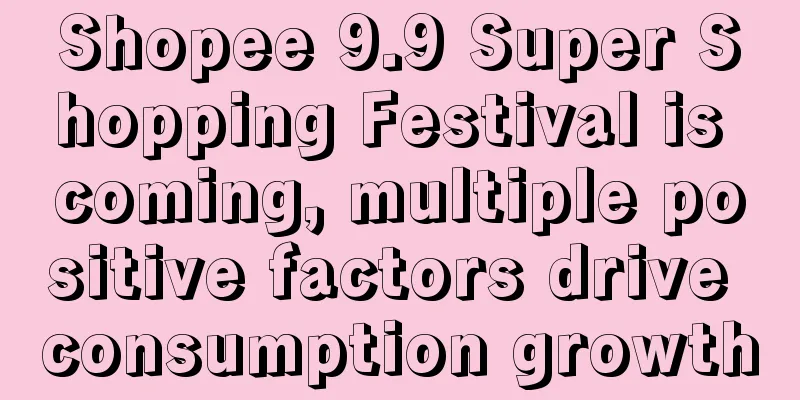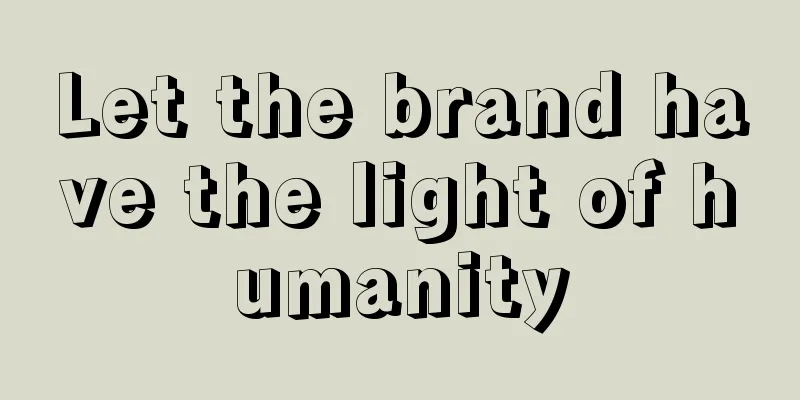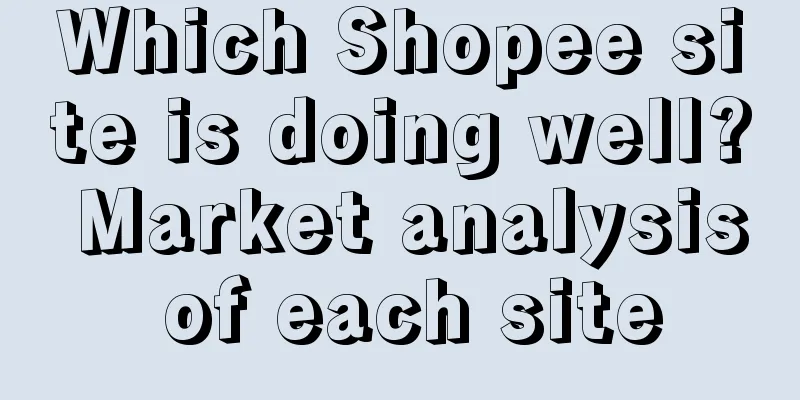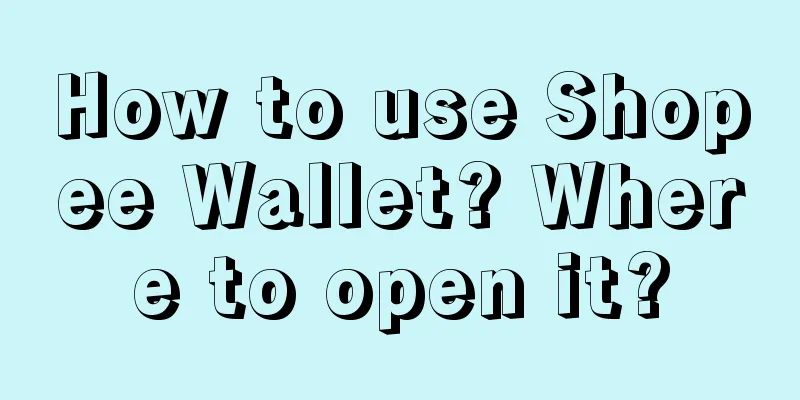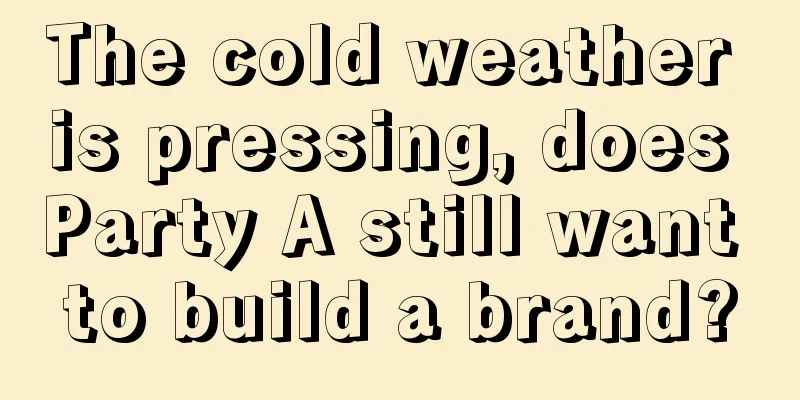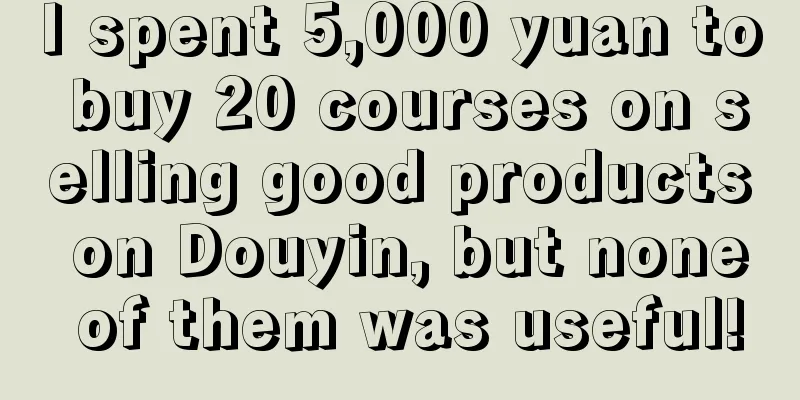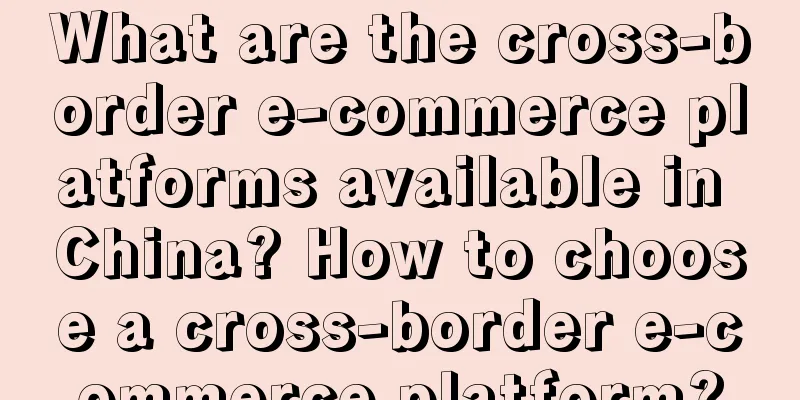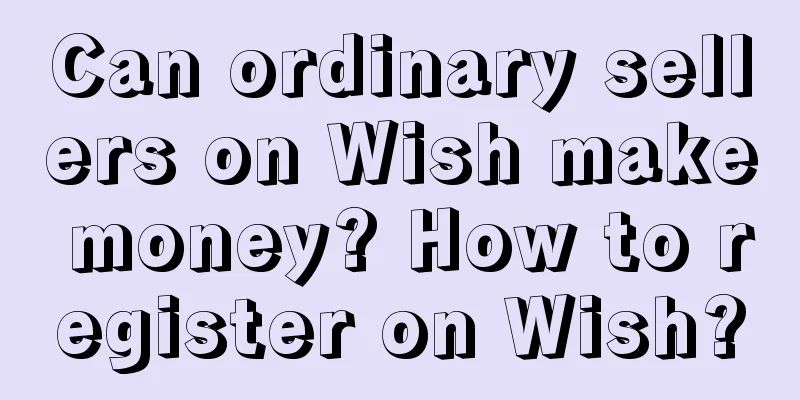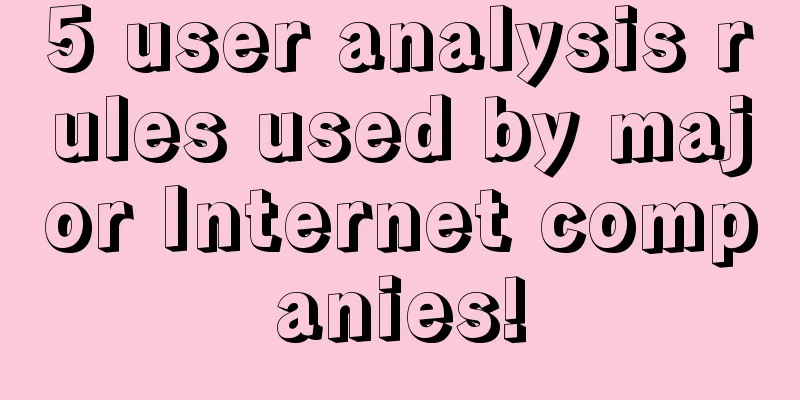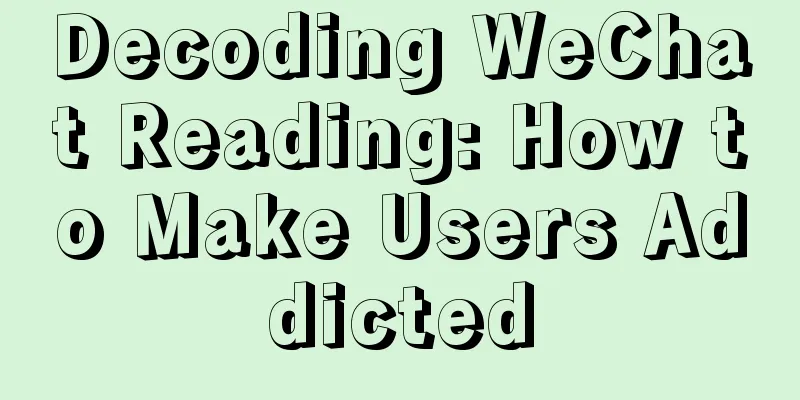Brands, persuading consumers to be beautiful
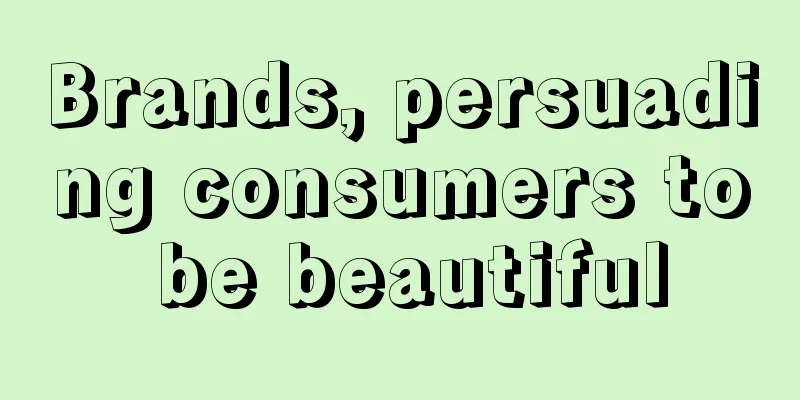
As the world's entrepreneurial paradise in the 20th century, the United States gave birth to a group of world-renowned entrepreneurs in the 20th century. Amazon founder Bezos was born during this period. Bezos once said:
As a person who can think and learn, he is the measure of all things and the yardstick for measuring everything. Whether a person's desire is a need or a sin can be seen clearly from whether his behavior conforms to social moral norms and laws and regulations. The word "persuasion" seems to reveal a hint of danger from its literal meaning. Therefore, before persuading, we must put an alarm in our hearts and set the alarm clock, using kindness as the boundary. What we want to induce is people's yearning for a better life, rather than endless desire without restraint. Which brand a consumer chooses, to some extent, also means the attitude towards life, lifestyle, and self-expression that the consumer chooses. If a brand wants to become a part of a consumer’s life, it must resonate with certain characteristics of the consumer’s human nature. The premise of brand persuasion must be in line with the truth, goodness, and beauty of human nature in order to have a long-term foothold. After Google declared: "The perfect search engine, do not be evil", more and more Internet companies have chosen "do not be evil" as their corporate philosophy and core values. Tencent directly changed its corporate values to "technology for good". Baidu, however, has become the target of public criticism due to the "selling of the Hemophilia Bar" incident and the proliferation of false medical advertisements. WeChat's Zhang Xiaolong said:
The body shop insists on anti-animal testing activities and loves the kindness of the earth, so that more women support its products. In the Internet age, all companies start from kindness and build the core value of their brands and products. We should persuade with kindness, rather than use people's kindness to induce them. There is a huge difference between the two. I wonder if you still remember such a case on the Internet:
With the continuous iteration of technology, new marketing and communication technologies are moving between the left brain and the right brain, rushing back and forth, trying to find new ways out; and technology also makes the originally simple things become complex, and the originally complex things become simple. Technology has made the left and right brains more and more like the right brain, and has made the right brain more and more confused and incomprehensible (the left brain is mainly responsible for logic, focuses on facts, is dominated by realism, is well-planned, thinks rationally, and prefers realistic literature; the right brain is mainly responsible for emotional thinking, focuses on artistic creativity, is dominated by imagination, is sometimes absent-minded, prefers fictional novels, and likes creative narratives). As we enter the era of smart marketing for brands, the competition for consumers has already entered the level of "illusions, hallucinations, and psychological suggestions". The more materially developed a region is, the more people are willing to pay for priceless aspirations and spiritual life, and the more they are willing to pay for priceless sense of identity (illusions, hallucinations, and psychological suggestions) and social value. As a result, there are so-called Chinese cuisine in Shanghai with an average customer spending of more than 5,000 yuan. You are served a little radish, some Shanghai greens, and some other dishes, but you are still not full. At the end, you are given fried rice for free, which is considered high-end value for your meal. But if you say it doesn’t taste good, the chef will not serve you... This is typical "evil" persuasion. Conflicts are constantly iterating and escalating. Marketing cannot stay at the shallow level of "cognition". It is necessary to go deep into the "illusions, hallucinations and psychological hints" that consumers themselves have not yet noticed to persuade and induce. The poet Haizi once wrote such a poem: "I want to be a loyal son of the distant place and a short-term lover of material things!" The distant place is actually people's inner yearning for "illusions, hallucinations and psychological hints". When building a brand, we should not only take advantage of consumers’ “illusions, hallucinations and psychological cues”, but sometimes, we even need to actively create “illusions, hallucinations and psychological cues”. This will not only better resolve consumer conflicts, but also make your competitors “terrified”. There is a very famous statement in Sun Tzu's Art of War:
In Sun Tzu's view, the most powerful general is not the one who always wins. The most powerful strategy is to make the enemy surrender without moving a single soldier. Zhuge Liang played the empty city plan, creating "illusions, hallucinations and psychological hints" of ambushing tens of thousands of soldiers in the city, and scared off Sima Yi's 150,000 troops (this is a story in the Romance of the Three Kingdoms. Don't be too picky and say that it is not in the Records of the Three Kingdoms. I like Mr. Ma Weidu's saying that there is no truth in history, only a truth remains.) Microsoft founder Gates was also deeply inspired by "The Art of War". During Microsoft's heyday, he took advantage of Microsoft's market power and announced in advance that new products would be released or upgraded long before new products were released. This created an atmosphere of fear, uncertainty and suspicion in the industry, making consumers look forward to new products that would be launched by market leaders. This created "illusions, hallucinations and psychological cues" for consumers, thereby preventing them from buying competing products and freezing the market in advance. This practice is called "vaporware". Apple only releases new products once or twice a year. How does Apple keep consumers from buying competitors' products for a year? It also keeps releasing some upgraded related consumption to maintain consumers' expectations and freeze consumers. In the advertising circle serving brands, there is an advertising giant named Hopkins. He wrote a book about his advertising career, called "Scientific Advertising". He emphasized how scientific advertising is and talked about the scientific nature of advertising from all aspects. Another advertising giant, George Lewis, wrote a book called "The Art of Advertising". He particularly emphasized the artistry of advertising and also made a golden sentence. Lewis said: "If advertising is a science, then I am a woman." In fact, whether advertising is science or art is not important in the social science brand and advertising. What is important is: "No matter whether the cat is black or white, a cat that catches mice is a good cat!" Whether it is art or science, a cat that can resolve conflicts is a good cat. Therefore, sometimes we need scientific advice, and sometimes we also need the temptation of art. Persuasion is driven by science, pushing and urging consumers to open their eyes, pay attention to our brands and products, and believe in the ability of products to resolve conflicts. "Seduction" is driven by art, attracting consumers' senses of vision, hearing, smell, touch, etc., so that they fall in love with the beautiful world after the brand resolves conflicts. Persuasion must be logical and common sense, and its purpose is to build trust and make people believe. Seduction must be derived from life and go beyond life, and its purpose is to stimulate desire. Persuasion is not seduction. Persuasion is calm, delicate, sexy, and warm; seduction is anxious, simple, rough, naked, and stimulating. Mr. Ma Weidu once said that a true persuasion master can tell the difference with just the first sentence. Once he went to an art exhibition, and the sales staff recommended the artist's paintings to the rich people who attended the exhibition. Some said that the paintings were very valuable, and some introduced the value of the painters... Although the rich people were tempted, they did not take action. At this time, a sales master asked the rich people: "What color are the walls of your house?" In one sentence, the rich people were "persuaded". There are three levels of "persuasion". Generally speaking, there are three stages in the formation of consumer attitudes:
Based on the laws of consumer attitude formation, we can seize the first point in time, amplify the potential of "persuasion", increase consumer trust, and resolve conflicts simply, directly, and fatally at the first stage. Like Damingfu’s: “Be proud of your home, everyone has a home elevator.” Blue’s: “The little blue bed prevents the elderly from getting up and lying down and getting injured.” DR Diamond’s: “A man can only customize one in his lifetime.” Haagen-Dazs’s: “If you love him, treat him to Haagen-Dazs ice cream.” Volvo’s “safety” and BMW’s “driving pleasure” both resolve conflicts in a simple and direct way. "Persuade" means to conquer, not just to convince. The "persuasion" in brand marketing is very different from the persuasion in real life. The persuasion in brand marketing is highly purposeful and is aimed at success; it must be conquering and aggressive.
Persuasion is to attack the left brain of consumers through strong pulling force, and give consumers a reason to buy through various means, a reason that cannot be refused, which is actually persuasion. Corleone in the movie "The Godfather" always gives people a "reason that cannot be refused" when he wants to cooperate, deal with, or make a deal with someone, so that others can make a deal and cooperate with him. "Persuasion" is the process of consumers succumbing to their inner selves. "Persuasion" must be perceptible. When consumers have a spark of trust in you, we should enter the second stage: consumers need actual evidence to believe in your ability to solve their problems and conflicts. You must provide "facts, proofs, data..." The "persuasion" at this stage must be consumer-centric. The product information you provide must be transformed into product truths that consumers can perceive. Remember, the purpose of making appeals is to resolve conflicts, and never increase conflicts in communication. The advertisement of Crest not only tells you that it has seven functions, but also tells you that only white teeth can make you have a confident smile. The advertisement of Head & Shoulders not only tells you the troubles caused by dandruff, but also tells you: "You only have one chance to make a first impression". Before going to an interview, use Head & Shoulders. Before going on a blind date, use Head & Shoulders. Bonboshi not only tells you about breathability, but also tells you that only good sleep can ensure healthy brain development. The dream of a "champion" baby cannot be disturbed by wet diapers. The highest level of "persuasion" is to inspire empathy, from belief to certainty, and then to unquestionable faith. Reasoning is only the first step. "Persuasion" cannot just stay at the product level, but also needs to go deep into the core of the conflict. Appealing to emotions is the key step. We need to start from the conflicts of consumers, use empathy that resonates with consumers, create product truth, output brand appeal, and stimulate consumers' inner desires. New York once had a mayor named Julian who was considered the most creative mayor in history. He spent only one year to reduce the crime rate in New York's highest subway station, the Central Station, by 33%. What he did was just a creative move: playing "Mozart" music 24 hours a day in the subway station. This inspired the empathy of criminals and reduced the crime rate. In a world where traffic is king, the first step to convert traffic into inventory is to quickly attract people's attention: what they see, hear, smell, taste, and feel. As long as we can reach the entrance of consumers, we can set a "temptation" button.
Master the art of persuasion, and you’ve mastered the essence of building a great brand. Author: Liu Yichun Source: WeChat public account "Liu Yichun's Brand Business Innovation (ID: shangyeyiguohui)" |
<<: 2022丨Review of the hottest cases of Internet operations
>>: After communicating with friends who made money on TikTok, I summarized these 20 ways to play!
Recommend
Before launching new products, go to Xiaohongshu first
In this rapidly changing market environment, launc...
Marketers' business thinking
In the workplace, having a say will bring you a be...
Is the Amazon UAE site expensive? How much does an Amazon store cost?
As the Amazon platform continues to grow, more and...
Data analysis question: Would you buy a Xiaomi car?
In this article, we will delve into the market res...
How can user operations accurately issue coupons by building an uplift model?
Issuing coupons is a precision marketing process. ...
How much is the average bidding price for Amazon's targeted ads? What are the bidding options?
Merchants who open stores on Amazon need to unders...
What is Amazon ABA data? Where does it apply?
When you open a store on Amazon, you need to obser...
I didn’t realize that I was working with the analyst incorrectly. Only when I used the right method did my business grow.
How can you solve these current confusions if you ...
The "beer + diapers" scam of the century
This article starts with the fake news "beer ...
Are women's bags selling well on Shopee Taiwan? What are the best things to sell on the Taiwan site?
Shopee Taiwan is a popular site on Shopee and is t...
What are the Amazon product box requirements?
The goods that Amazon merchants send to Amazon war...
Can the 9.9-point Snow King animation help Mixue Ice City fight for another hundred years?
The animation work "The Snow King Arrives&quo...
What exactly are we talking about when we talk about brand personification?
In an era of information overload, it is difficult...
With Xiao Zhan and Wang Junkai as the spokespersons, will coconut water, which became popular overnight, be the next consumer "assassin"?
Coconut water has rapidly emerged in the Chinese m...
What are the requirements for Amazon company trademark registration? What should I pay attention to?
If you want to join Amazon now, you need to know t...
